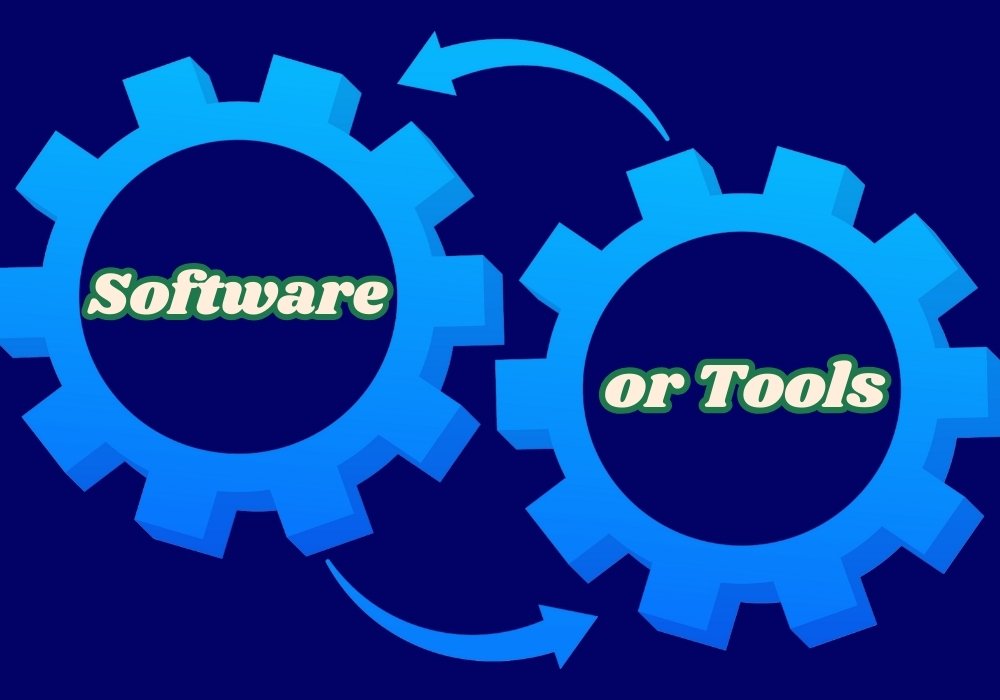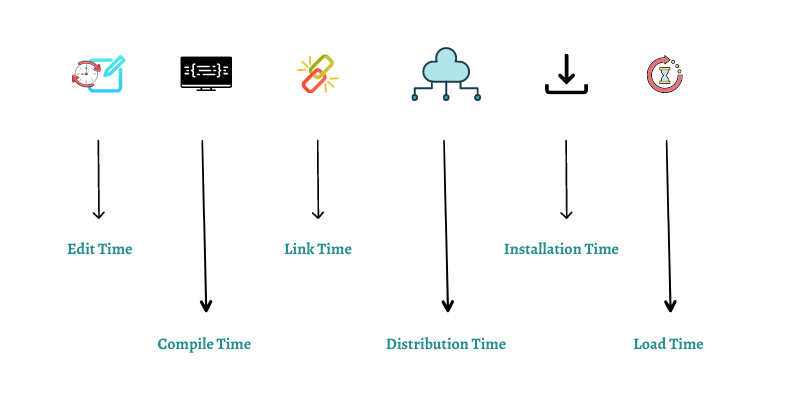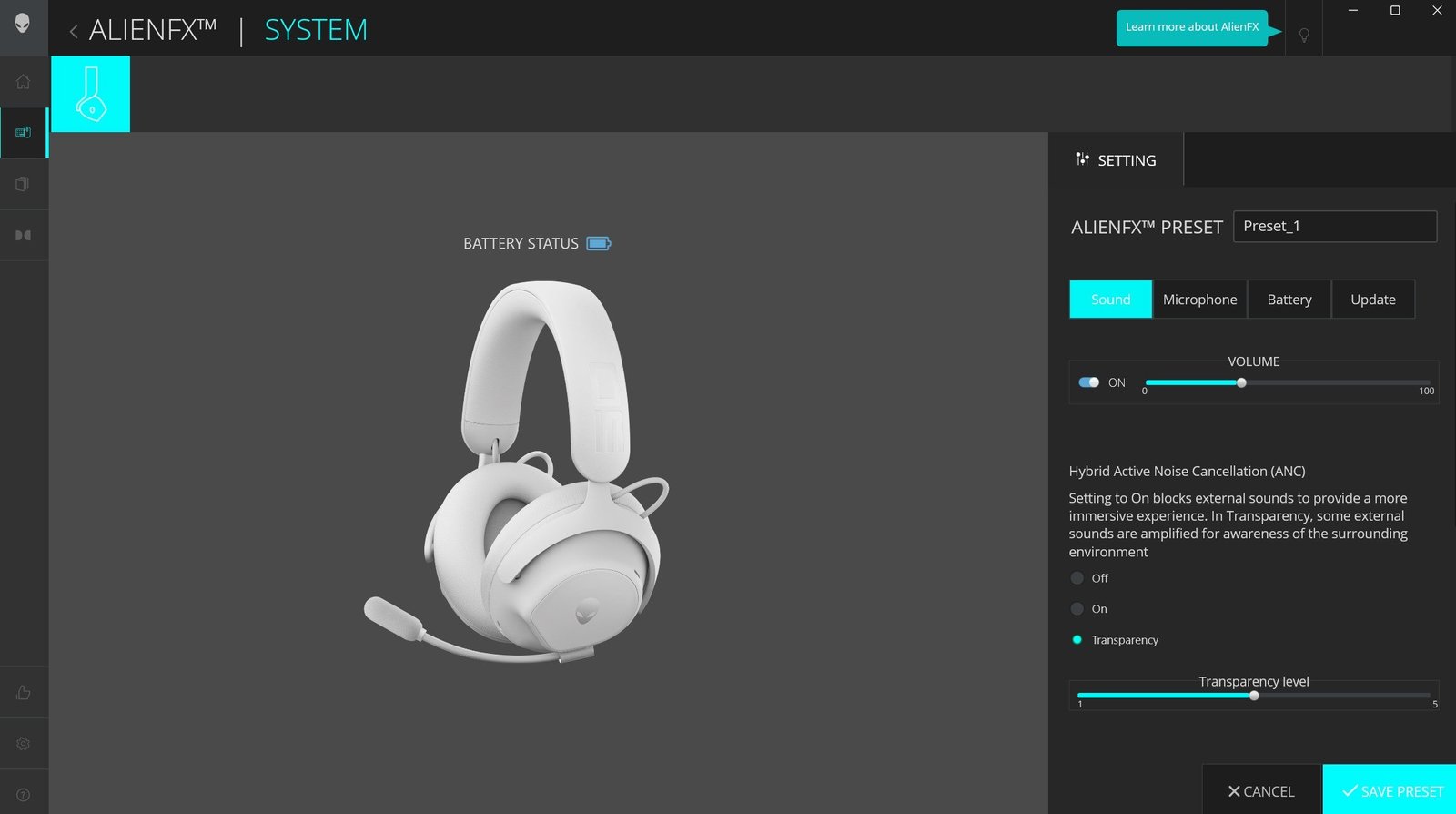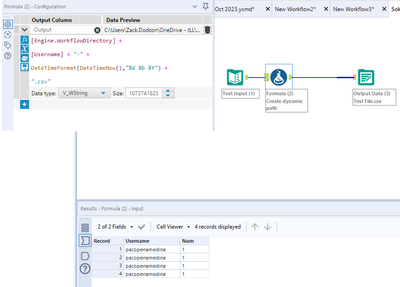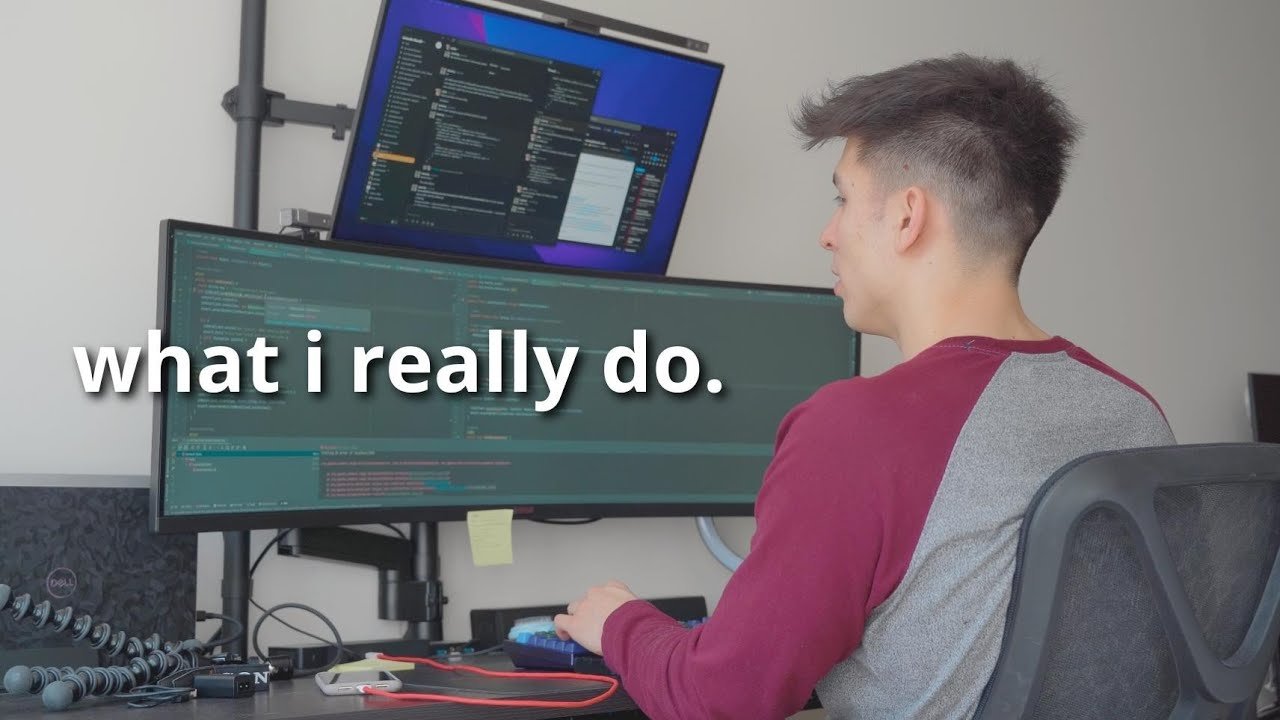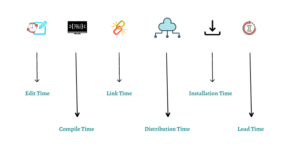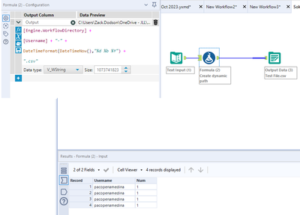Becoming a software developer is a rewarding career choice. It involves writing code and creating software applications.
Curious about how to start this journey? Software development is a field that blends creativity with technical skills. As technology evolves, the demand for skilled developers grows. Whether you’re just starting or considering a career change, understanding the steps to become a software developer is crucial.
This guide will help you navigate the path, from learning programming languages to building a portfolio. It’s a journey that requires dedication, but the outcomes are worth the effort. Ready to explore the world of software development? Let’s dive in and uncover what it takes to become a successful software developer.

Credit: www.rasmussen.edu
Choosing Your Path
Choosing your path is a crucial step in becoming a software developer. It’s important to decide early which direction you want to take. There are several paths you can follow, each with its own benefits and challenges.
Specializations
Software development offers various specializations. You can focus on web development, mobile app development, or game development. Each specialization requires different skills and tools. Web developers build websites and web applications. Mobile app developers create apps for smartphones and tablets. Game developers design and build video games.
Other specializations include data science, cybersecurity, and artificial intelligence. Data scientists analyze and interpret complex data. Cybersecurity experts protect systems from cyber threats. AI developers create intelligent machines and software. Choose a specialization that interests you the most.
Industry Demand
Consider the industry demand when choosing your path. Some specializations have higher demand than others. Web development is always in demand. Businesses need websites and web applications to function. Mobile app development is growing fast. More people use smartphones and tablets every day.
Data science and AI are also in high demand. Companies need data scientists to make sense of their data. AI developers are needed to build smart systems. Cybersecurity is another field with high demand. Protecting data and systems is crucial in today’s digital world. Research the job market before making a decision.

Credit: www.cake.me
Educational Requirements
Becoming a software developer requires specific educational qualifications. Understanding the educational requirements is vital. It helps you choose the right path and gain necessary skills.
Degree Programs
Pursuing a degree program is a common route. Many universities offer specialized degrees in computer science or software engineering. These programs usually take four years to complete.
A typical degree program covers:
- Programming languages
- Data structures
- Algorithms
- Software development
- Database management
These courses provide a solid foundation. They also help develop problem-solving skills. Some universities even offer internship opportunities. These internships offer real-world experience.
Online Courses
Online courses are another excellent option. They are flexible and can be pursued alongside a job or other studies.
Many platforms offer courses in:
- Web development
- Mobile app development
- Machine learning
- Cybersecurity
These courses often come with practical projects. They help you build a portfolio. Some popular platforms include:
- Coursera
- Udacity
- edX
- Codecademy
Online courses also offer certifications. These certifications can add value to your resume.
Building Skills
Becoming a software developer requires building a solid foundation of skills. These skills will help you understand and create software efficiently. Let’s explore the key areas you need to focus on.
Programming Languages
Choosing the right programming language is crucial. Here are some popular languages you should consider:
| Language | Use Case |
|---|---|
| Python | Web development, data science |
| Java | Enterprise applications, Android apps |
| JavaScript | Web development, front-end and back-end |
| C++ | System programming, game development |
Start with one language and master its basics. Practice coding daily. Build small projects to reinforce your learning.
Development Tools
Knowing the right tools can boost your productivity. Here are essential development tools:
-
- Version Control Systems
Tools like Git help you track changes and collaborate with others.
-
- Integrated Development Environments (IDEs)
IDE’s like Visual Studio Code, PyCharm, or Eclipse offer features like code completion and debugging.
-
- Text Editors
Text editors like Sublime Text and Atom are lightweight and versatile.
-
- Command Line Interface (CLI)
Understanding CLI commands can streamline many development tasks.
Familiarize yourself with these tools. They will make your development process smoother and more efficient.
Gaining Experience
Gaining experience is crucial for becoming a proficient software developer. It helps you apply theoretical knowledge, solve real-world problems, and understand industry standards. Here are two effective ways to gain experience: internships and personal projects.
Internships
Internships offer valuable opportunities to learn in a professional environment. They provide hands-on experience with coding, project management, and teamwork.
Internships can help you:
- Understand company workflows
- Network with industry professionals
- Build a strong resume
Look for internships at:
- Tech companies
- Startups
- Non-profits
Internships may be paid or unpaid, but both types offer valuable learning experiences.
Personal Projects
Personal projects allow you to explore your interests and improve your skills. They demonstrate your passion and initiative to potential employers.
Consider building projects like:
- Web applications
- Mobile apps
- Open-source contributions
Personal projects can help you:
- Practice coding regularly
- Learn new technologies
- Showcase your work online
Share your projects on platforms like GitHub or personal websites. This enhances your online presence and impresses recruiters.
Creating A Portfolio
Creating a portfolio is crucial for aspiring software developers. It showcases your abilities and projects. A strong portfolio can make you stand out to employers. It demonstrates your skills in a practical manner. Here are some tips on creating an effective portfolio.
Showcasing Projects
Include diverse projects in your portfolio. Show different technologies and languages. Display web apps, mobile apps, and backend services. Ensure each project is well-documented. Explain the project goals and your role.
For each project, provide a clear description. Include screenshots or live demos. Highlight the main features and functionalities. Share the challenges faced and how you solved them. Make sure your projects are accessible and easy to navigate.
Highlighting Skills
List your technical skills prominently. Mention programming languages, frameworks, and tools you are proficient in. Highlight your experience with version control systems like Git. Show your familiarity with databases and cloud services.
Provide examples of how you used these skills in projects. Detail your problem-solving approach. Mention any certifications or courses completed. Keep the skills section updated with new technologies learned.
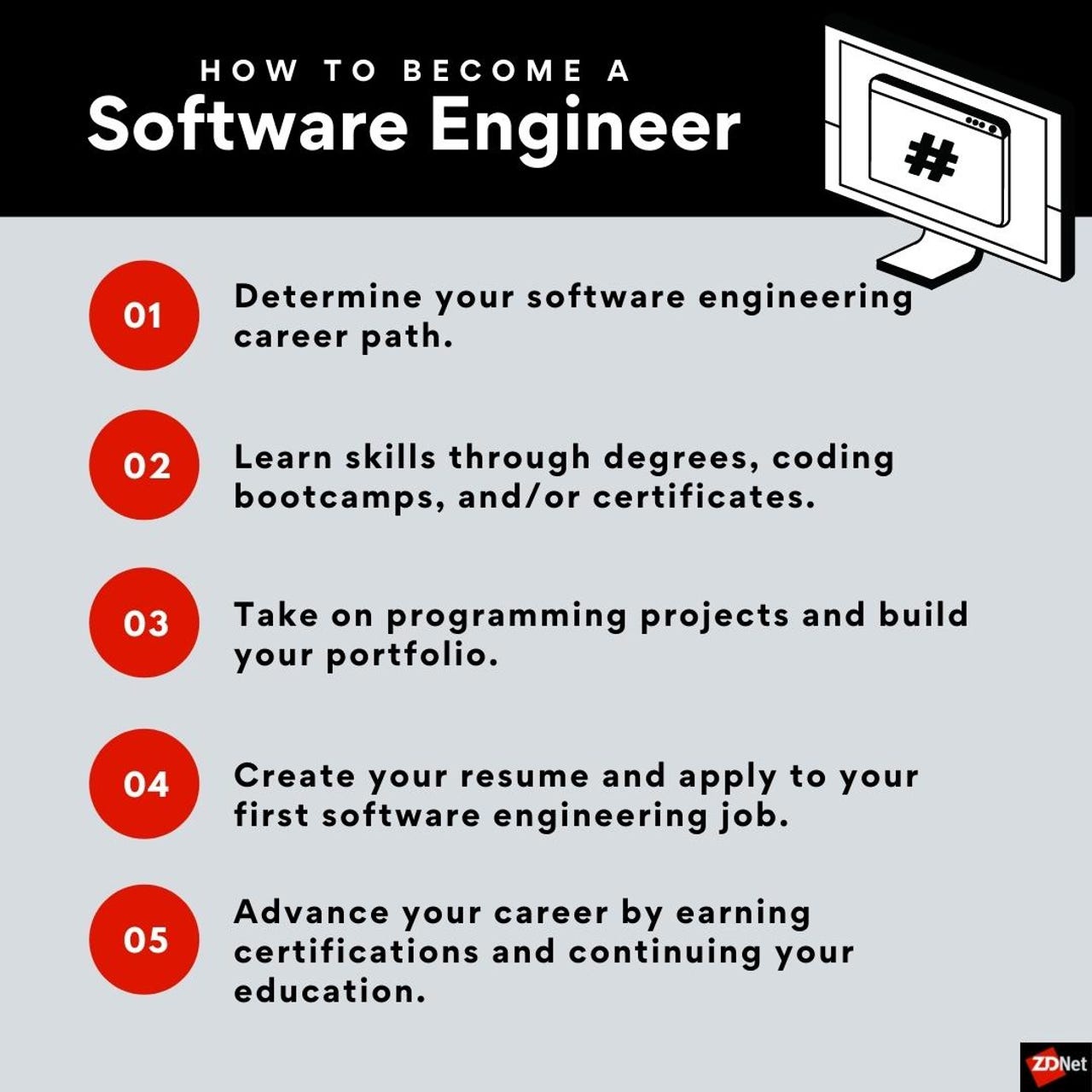
Credit: www.zdnet.com
Job Search Strategies
Searching for a job as a software developer can be challenging. But with the right strategies, you can increase your chances of success. This section will guide you through some effective job search strategies.
Networking
Networking is key in the tech industry. Connect with professionals on LinkedIn. Attend industry events and meetups. These interactions can open doors to opportunities. Building relationships with industry insiders can lead to job referrals. Join online forums and discussion groups. Stay active and contribute to conversations. This helps you stay visible in the community.
Interview Preparation
Preparing for interviews is crucial. Practice coding problems regularly. Use platforms like LeetCode or HackerRank. Review common interview questions and answers. Focus on data structures and algorithms. Mock interviews can be helpful. They simulate real interview settings. Ask for feedback from peers or mentors. This helps you improve your responses.
Frequently Asked Questions
What Skills Are Needed For Software Development?
To become a software developer, you need programming skills, problem-solving abilities, and knowledge of algorithms. Learning languages like Java, Python, or C++ is essential. Understanding databases and software development tools is also important. Strong communication skills help in team collaboration.
How Long Does It Take To Become A Developer?
Becoming a software developer typically takes several months to a few years. This depends on the learning path and dedication. Bootcamps may take 3-6 months, while degrees take 2-4 years. Continuous learning is vital in this evolving field.
Is A Degree Necessary For Software Development?
A degree is not strictly necessary to become a software developer. Many developers succeed through self-study, coding bootcamps, or online courses. However, a computer science degree can provide a strong foundation. It can also enhance job prospects and opportunities.
What Are The Best Resources To Learn Coding?
Top resources for learning coding include online platforms like Codecademy, Coursera, and Udemy. Books like “Clean Code” and “You Don’t Know JS” are helpful. Participating in coding communities, practicing on GitHub, and building projects also enhance learning.
Conclusion
Becoming a software developer is a rewarding journey. Start with learning the basics. Practice coding regularly to improve your skills. Build projects to showcase your abilities. Join a community to stay motivated and informed. Keep learning new technologies and trends.
Seek feedback from experienced developers. Stay patient and persistent. Your hard work will pay off. Remember, every expert was once a beginner. Follow these steps, and you’ll become a successful software developer. Happy coding!
How to Become a Software Developer
